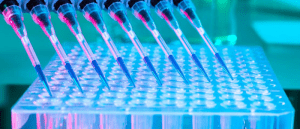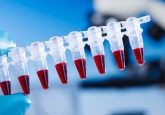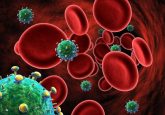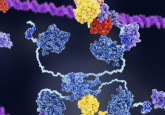Turning the tide on challenging forensic samples with RC-PCR
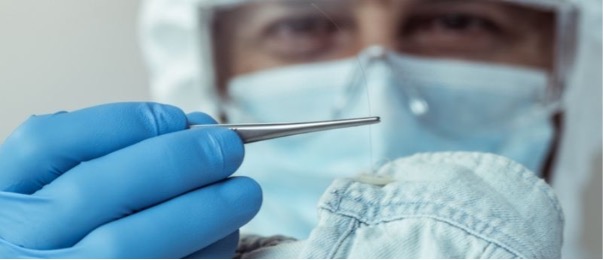
A new form of PCR has been used to improve the library preparation for forensic DNA typing from difficult samples like touch evidence and human remains.
Typically, DNA sequencing and analysis is undertaken on carefully collected samples, protected form contamination and the effects of the elements to ensure accurate, decipherable results with the smallest possible margin for error. In the world of forensics; however, samples for DNA analysis often present a significant challenge. A strand of hair may be exposed to hours or days of damage from UV light, oxidation and microbial degradation, while skeletal remains incur the effects of the ravages of time.
Each of these factors can result in varying degrees of DNA fragmentation and damage depending on the intensity and length of exposure. Traditional methods used to analyze forensic samples depend upon PCR to amplify DNA, followed by DNA typing experiments to identify markers such as short tandem repeats (STRs) and single nucleotide polymorphisms (SNPs).
If DNA has been severely degraded, to lengths as short as 50bps, amplification of the DNA becomes highly challenging, and the size of the fragments makes it impossible to detect the DNA markers that are larger than 50bps. This limitation excludes many of the DNA markers typically considered the gold standard for forensic DNA typing: STRs.
In order to address this issue and improve our forensic ability to DNA type challenging samples, a team of researchers led by Bruce Budowle (University of North Texas Health Science Center, TX, USA) have developed a reverse compliment PCR (RC-PCR) short amplicon 85 SNP-plex panel.
RC-PCR utilizes target specific primer probes and a universal primer which hybridise to generate target specific index primers that can go on to conduct multiplex amplification of target sequences.
Multiple versions of PCR now exist – including qPCR, ddPCR, RT-PCR, qRT-PCR and ePCR, to name but a few. Furthermore, PCR is now intrinsic to many disciplines – in particular forensics, diagnostics and molecular genetics.
RC-PCR had previously been explored in a proof of concept study that used the technique to amplify 27 human-identity SNP targets contained within sections of DNA less than 50 bases long, accounting for the severely fragmented nature of the DNA. While the technique proved successful, the restriction of only being able to amplify 27 targets limited the forensic utility of the technique.
To expand the number of potential targets, Budowle and his team relaxed the 50 bp amplicon restriction to 100 bp, expanding the number of SNPs that could be amplified to 85. The researchers believe that this will provide a significantly improved library for massively parallel sequencing, stating that, “The developed RC-PCR short amplicon 85 SNP-plex panel… will provide higher discrimination power for challenging DNA sample analyses.”
The RC-PCR technique offers another advantage, as target enrichment and indexing take place in one closed tube system, reducing hands on time and also decreasing the chances for an already damaged sample to become contaminated.
